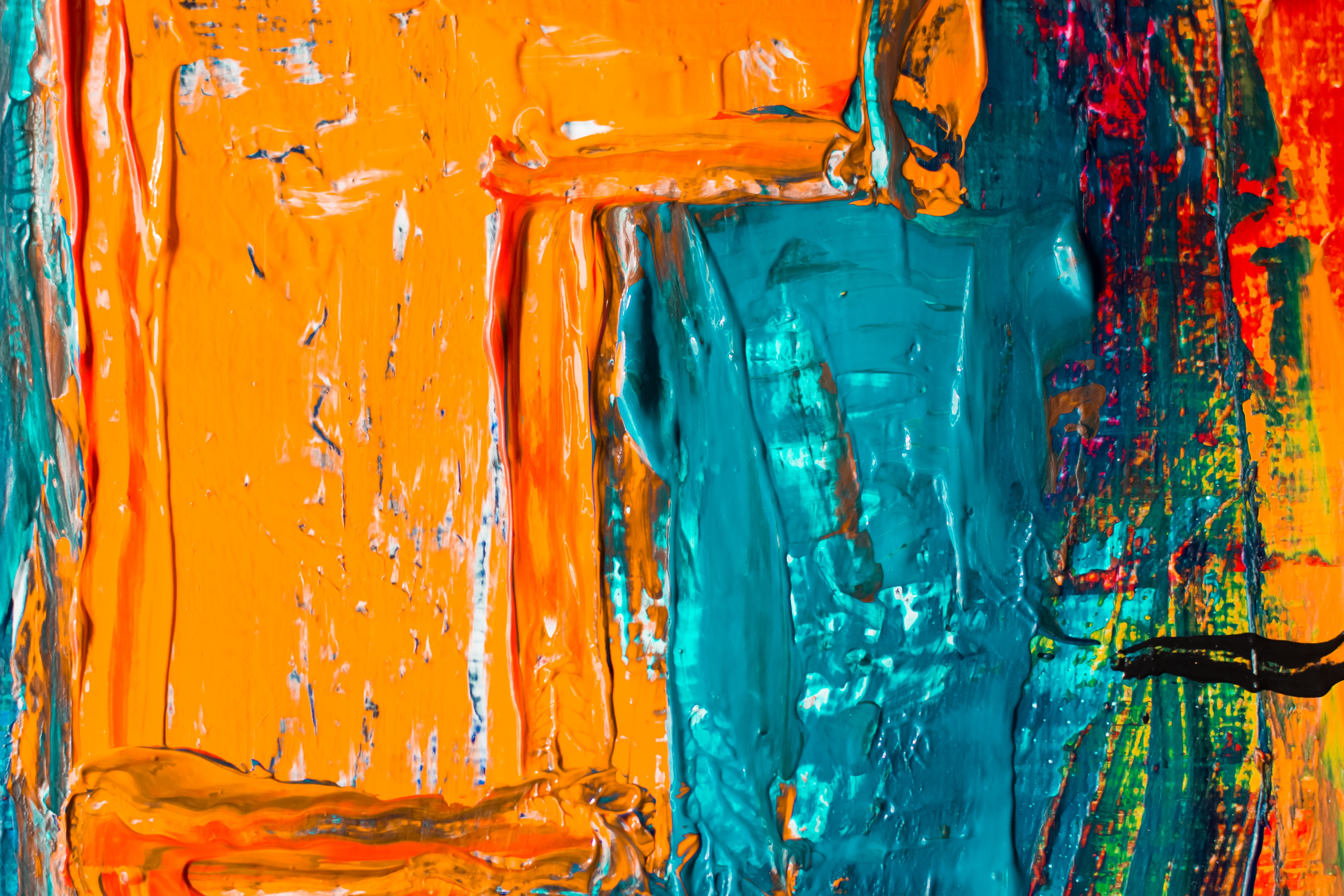The Changing Face of the World

These are, to put it mildly, challenging times. Our structured ways of living, of conducting commerce, and of engaging in social interaction are collapsing before we can create new ways to replace them. The deluge of information, hot takes, and speculation about “what’s next,” at times, overwhelms us. Talking heads, public authorities, and sadly, some world leaders, share unfiltered opinions that are often at best, contrived or at worst, inflammatory, and clearly meant to provoke divisiveness and promote political agendas. As I witness petty behavior demonstrated by various leaders, governments, groups, and individuals, I am shocked at the opportunistic — and rather amateurish — approaches to dealing with this crisis. On the other hand, those who have responded with poise, guidance, charity, and calls for social unity are gaining my deep respect. Thoughtfully bringing order to chaos and processes while addressing the very real needs of people and businesses reveals a knowledge-based approach, but more importantly, it confirms the presence of wisdom. Wisdom is more than just a collection of statistics, facts, or strategies. Wisdom includes the ability to see beyond a spreadsheet or take a checklist approach to today’s extremely complex problems. Wisdom requires nuance, humility, and a vulnerable awareness of human behavior.
We must reflect on this subtle, yet critical difference between knowledge — or simple facts — and a potent, profoundly effective wisdom. The stubbornness to win the argument of the day, hour, or social media timeline has consumed the world. Continued encouragement of this vindictive competition will destroy our opportunity to surmount this difficult period and thrive once again. Let me be clear: developing and having knowledge is not the problem, but assembling or molding knowledge to further a single-minded agenda is deplorable and malevolent. Leaders still have time to put aside this arrogance and all-knowing attitude. Wisdom will enable economies and societies to work beyond just the numbers. This wisdom must be carefully crafted to be inclusive and empathetic. Wisdom must serve as a stabilizing agent that guides world leaders to act, not react; to decide, not deride; and to collaborate instead of compete. This wisdom will cultivate well-being for everyone, and not merely add numbers to the books. Wisdom is distilled from knowledge and is essential to build our new world successfully.
Wisdom economies are not new, but they are very few and far between. That was not always the case, with the most-revered civilizations using compassion and wisdom to include people, not exclude them. Ancient Greek societies are famous for encouraging political and philosophical thought and promoted art, math, and science. The people of the Indus Valley have a legacy of well-planned urbanization, including sophisticated sewage systems, wells, and water supplies. Advancements in thinking and living were not necessarily viewed as the indulgences of the elite but were common ways of life available to everyone. Today, wisdom can be witnessed in health care workers, doctors, and nurses as they navigate the nuances of patient care or in the integrity of world leaders that take decisive action when human lives are at risk, not cowering to the loud complainers. Wisdom economies offer more than opportunity — they offer dignity to everyone.
Without a doubt, we are experiencing massive change, hammering out a future that only a few weeks ago would have been unimaginable. The right time for a wisdom economy is now. As we ready ourselves and gather our resolve, let us revisit the many recent past times when we relied on knowledge alone and shunned wisdom. Remember the moments for yourself personally when all your knowledge failed to give you the solution, but your wisdom provided the right answer. Then let us then take a look at the times we relied on wisdom first, and knowledge second and know that it served the world well. Let us think critically, but let us pay heed to our best instincts and preserve our integrity. I urge you to be fearless in your self-reflection and discover how wisdom has worked for you — then apply that compelling benefit to the rest of the world. Given a choice, I am certain you will choose wisdom again and again.
Leave a Reply